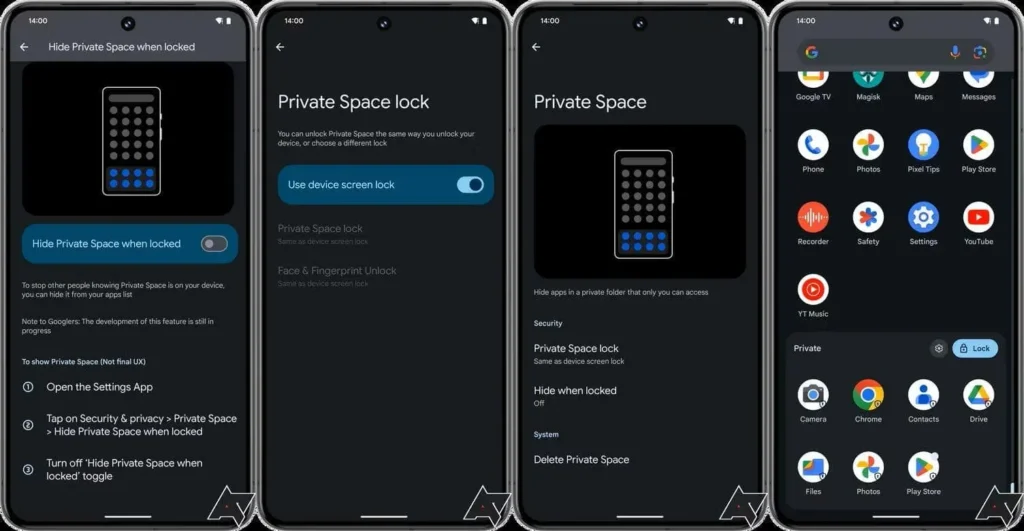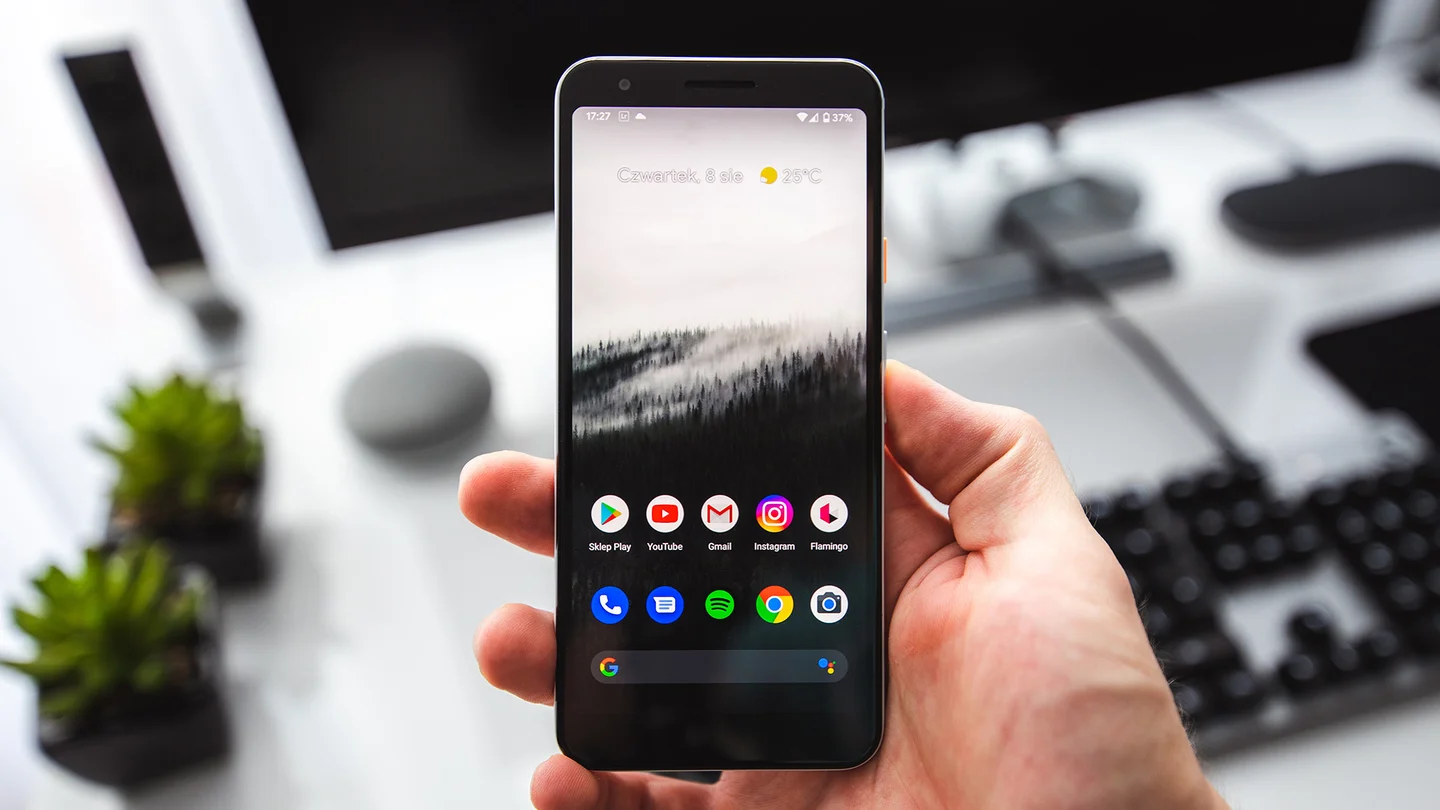Enhanced Privacy: Google’s Plan to Reveal Hidden Apps with ‘Private Space’ Keyword in Android Search Bar
Reportedly in the works, Google is actively developing a ‘Private Space’ feature set to bolster app hiding capabilities on Android smartphones. Anticipated to debut in an upcoming iteration of the tech giant’s mobile operating system, this feature aims to enable users to securely conceal apps and files from prying eyes. Notably, Samsung has offered a comparable feature known as Secure Folder for six years, but Google’s integration of a native support system via Private Space will potentially extend this functionality to other Android device manufacturers.
Initial sightings of this feature were noted by Mishaal Rahman during the initial beta phase for the forthcoming Android 14 QPR2 release. Subsequent beta versions have revealed additional insights into the feature’s capabilities. According to Rahman’s insights shared in an Android Police report, the feature can be located within the settings app under the ‘Security & privacy’ section in the latest beta version.
As it stands, this feature currently in the developmental phase allows Android users to create a distinct Android user profile on their device, capable of being secured with biometric authentication, password, or PIN. This functionality bears resemblance to Android’s ‘Work Profile’ feature, offering users a familiar setup for maintaining privacy and control over their applications.
Notably, Android will hide not only the presence of these apps but also the contents of their notifications once the profile is locked. This can come in handy if you want to hand your phone over to a family member, while preventing access to certain apps or other content.

According to Rahman, Google is also developing the ability to show these apps only when searching for the words “private space” in the search bar. This would prevent other users from knowing whether you have enabled the Private Space feature in the first place.
Samsung has offered support for the same functionality in the form of Secure Folder on its smartphones since 2017. This feature also creates a separate profile, allowing users to access a separate set of contacts, files, photos and apps in an isolated container that can be protected using a password, PIN or their biometrics.
The development of the Private Space feature, however, suggests that Google will eventually allow smartphone makers to offer support for Samsung’s Secure Folder functionality on their handsets. Rahman points out that the feature could make its way to Android 15, adding that he could not enable all Private Space features on the latest beta as it is still in development.

















